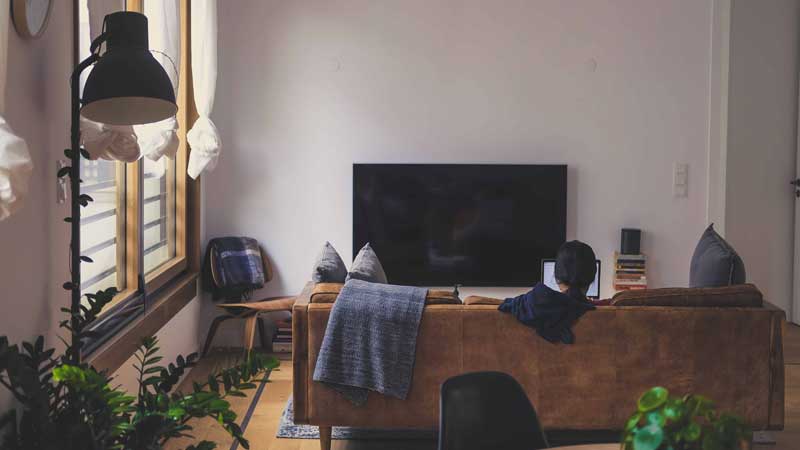You are finally ready to begin the exciting journey of finding your first apartment, but you wisely want to know what are the ‘top apartment tips’ so you can avoid costly mistakes? The top first-time renter tips include understanding the money you will owe, how to read and understand an apartment lease, determining what you can afford, and how to effectively compare apartments so you end up with what you want. Below are the top 10 first-time apartment renter tips.
1. Know they come in different sizes – Apartments come in many sizes, and generally, they are identified by the number of bedrooms and bathrooms. You can rent a studio (a one bedroom usually without a door to it), 1 Bedroom, 2 Bedroom, or 3 Bedroom with anywhere from one to three baths. You might hear people say 1/1 where the first number corresponds to bedrooms and the latter to bathrooms so 1/1 means 1 Bedroom and 1 Bathroom. A 2/2 would be a 2 Bedroom, 2 Bathroom. If you hear a .5 or 1/2, that refers to a half bath (i.e. a bathroom with no shower), so a 2/2.5 would usually be 2 bedrooms, 2 bathrooms with showers, and 1 additional bathroom with no shower. Be sure to confirm this though as some people might use different lingo.

2. Know there are different types of Apartments – Apartments generally fall into three broad categories, garden-style (where you generally walk up to your unit), mid-rise and high-rise. Mid-rise buildings are generally 4 to 8 stories, and high rises are 9 to 10 stories and above. Garden style units generally offer either separate private entrances or common entrances. These common entrances may contain as few as 4 units. Also, garden-style buildings are generally walk ups (no elevators). Nearly all mid-rise and high-rise buildings require you to navigate a common hallway, and typically have elevators. You could be renting from an individual who owns the unit (such as a house or condo), or you could live in an apartment community (where everyone in the complex is renting from the same landlord). Figure out what’s right for you.
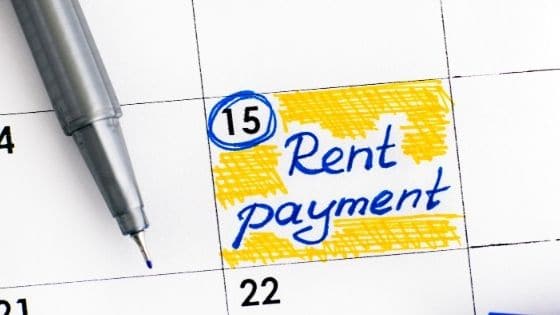
3. Understand the Monies you Owe – You first must apply to the apartment community (typically there is a one-time application fee in order to apply). Then, if accepted, you typically pay a security deposit (which is the money you put down in case of damages and which is typically refundable if you adhere to terms of the lease and return the apartment in the condition you received it less normal wear and tear) plus your first month of rent (rent might include other fees such as utilities, pet fees, amenity fees, and more). Then, you will owe monthly fees such as rent. plus you might have to pay utilities, pet fees, and other fees, such as parking, amenity fees, and others. Simply ask what you will be responsible for each month.
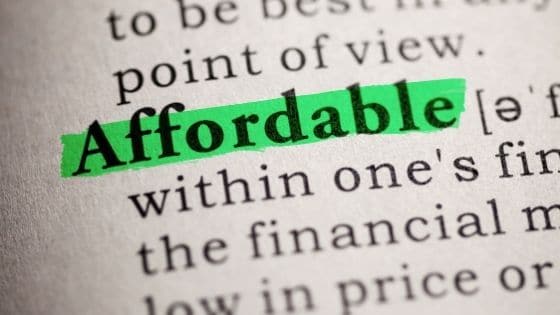
4. Figure Out What You Can Afford & Where you Want to Live – Figure out what you can afford (the general rule of thumb is allocating up to 30% of your income to rent) and where you want to live. Some experts believe you should allocate 30% to your after-tax salary rather than pre-tax. Once you figure out what you can afford, figure out the location you want to be in (i.e. what neighborhood(s)).
5. Plan Early -Just like most things in life, planning is important. Now that you know the location and what you can afford, make a checklist of must-have in-unit amenities (such as washer/dryer, walk-in closet, type of flooring) and exterior community amenities (such as a parking, pool, clubhouse, etc). Then, once you have a list, you can begin the apartment tour process to start seeing apartment units.
6. Understand if you are getting good value – Because each apartment comes in different sizes and has different fees, you should compare apples to apples. Here is a good article that helps you compare the value of one apartment to another. Know what is on your ‘must-have’ checklist, and compare the apartments that meet your criteria.
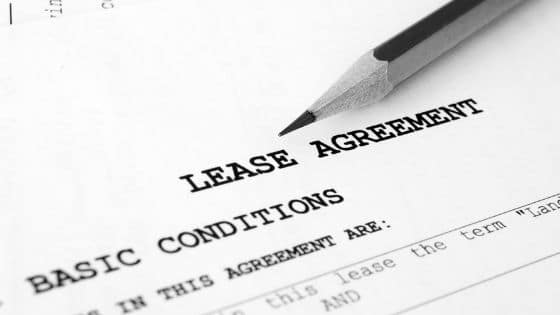
7. Know what a lease is and its importance – An apartment lease is a legally binding contract that must be read and understood prior to being signed. It essentially outlines what you will be responsible for. This is important as you’ll be responsible for all of the terms and conditions contained in the lease. Among other terms and conditions contained in the lease, it will identify how much you will pay in rent, what utilities the landlord will pay and what you will need to pay, when payment is due, how much notice you have to give before moving out, the length of the term, rules and conditions of living there (such as whether you can have pets and cost of pets), what your responsibilities are, and what the landlord’s responsibilities are.
8. Understand the commitment – Renting an apartment is not like living in a hotel where you can leave whenever you want. When you rent an apartment, you are typically committing to a longer term (12 months is a standard lease) and you are committing to the terms of that lease contract. If you leave earlier, you will likely have to pay a significant financial penalty.
9. Know the Importance of Renter’s Insurance – Your personal goods are generally not protected by a landlord’s insurance policy, and thus your landlord may require you get renter’s insurance before you move in. Even if the landlord doesn’t require it, you should strongly consider purchasing renter’s insurance to help, among other things, potentially mitigate what could be a major financial loss to you, if something unforeseen happens to your personal goods that is covered by your policy. Renter’s insurance is affordable, generally around the cost of dinner for two each month, and can come in handy. You can read more about the cost of renter’s insurance here, and the importance of renter’s insurance.
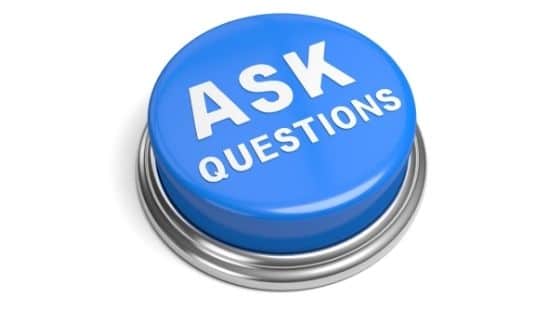
10. Ask the right questions before signing – Be sure to ask the right questions before signing a lease.
Now, even as a first-time renter, you’re ready to begin the apartment search process.

